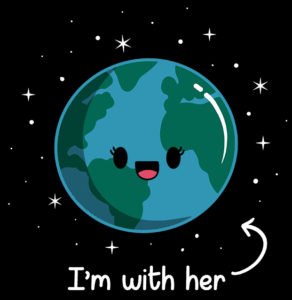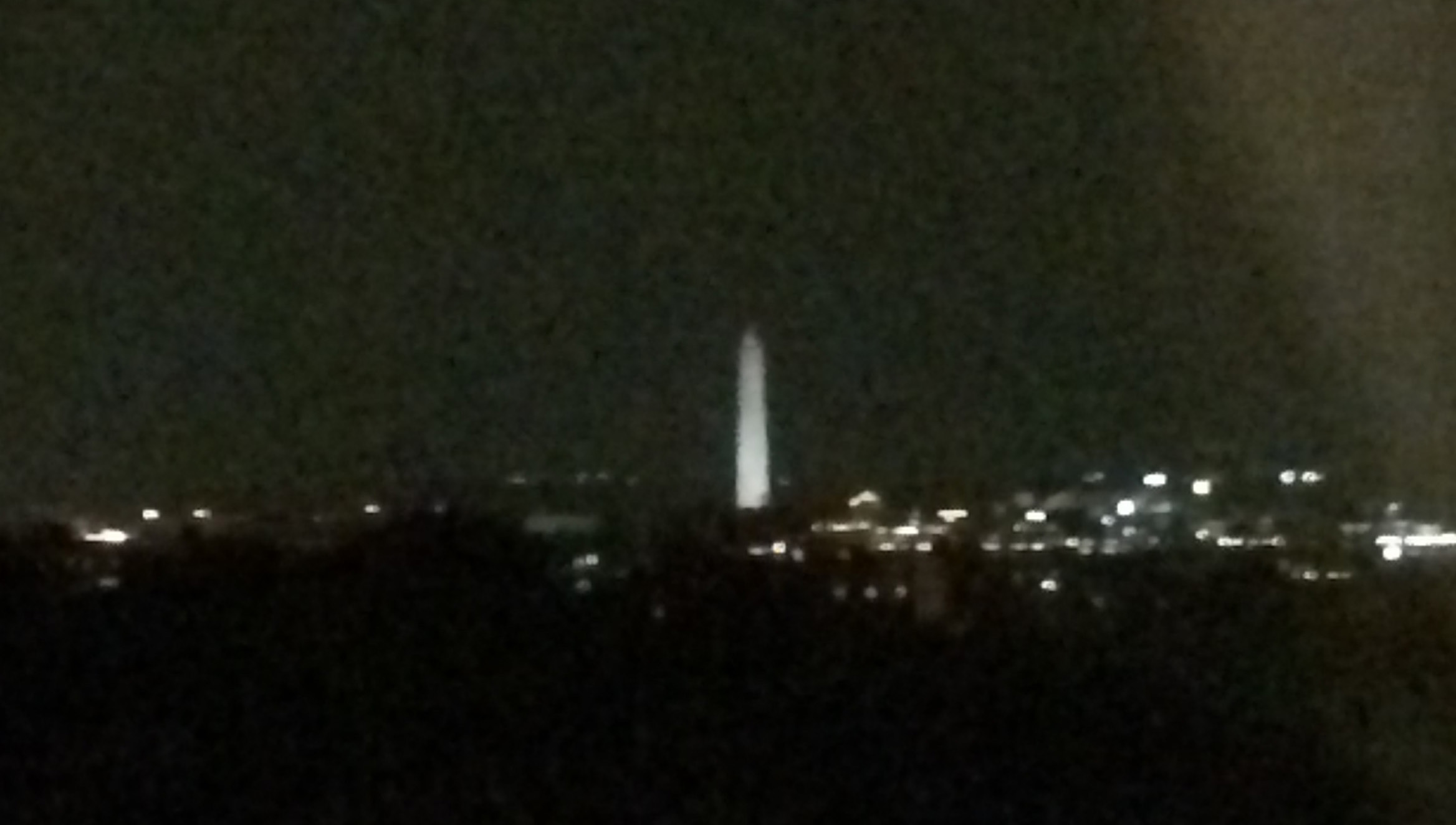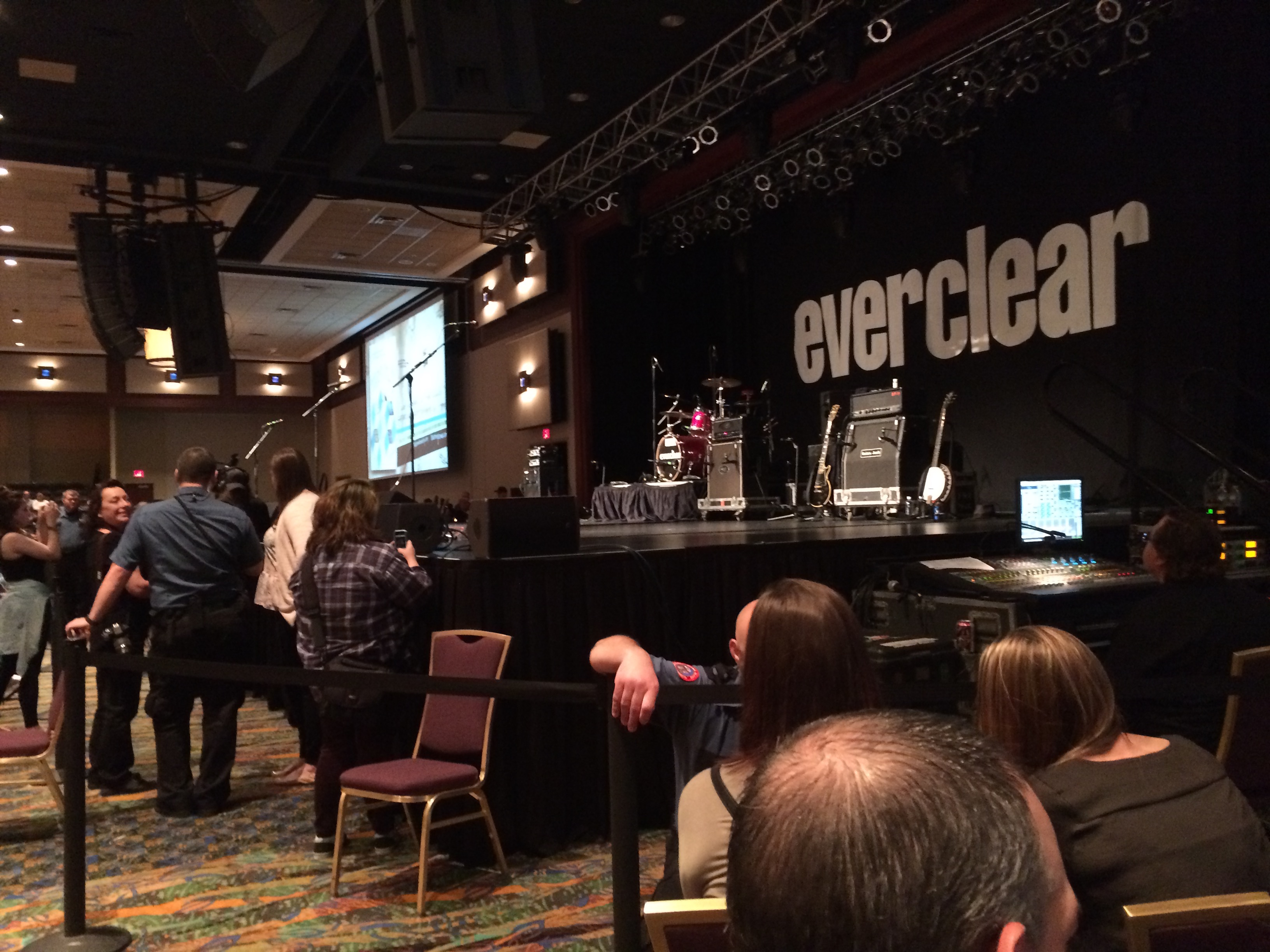i did some research on the paris agreement/accord/whatever since i wanted to know more and figured you might too!
the most incredible thing about the PA is that every country is taking care of its own business of its own accord and is actually doing it, with 202o as the goal start date. each country sets goals to combat climate change, and all countries except three have signed on of their own volition because IT’S THE RIGHT THING TO DO.
for the record, nicaragua at first decided not to sign the agreement because it wasn’t RADICAL ENOUGH. the president said 90% of its energy will be renewable by 2020, and they wanted countries to be punished for not meeting goals. (they’ve since are considering reconsidering because they don’t want to be lumped in the same category as the ridiculous US.) the US, of course, is out because trump. and syria isn’t a part of it because syria’s a war zone.
so.
(i mean, even north korea’s on board. really, DT?)
the countries that are a part of the PA have agreed to some stipulations:
- they want to hold the increase in global average temp to below (like, way below) 2ºC above pre-industrial levels. ideally, the limit would be 1.5ºC pre-industrial levels. (pre-industrial means pre-1750.) for the record, pre-industrial average world temp was 13.8ºC (56.84F) and in 2014, average world temp was about 0.8 C warmer than that. so, the world’s countries want to keep that at 1.5º or less, with AT MOST, 2º. (remember average world temp does not mean average MN temp. when idiots huurrr durrr about global warming when it’s -15ºF, please just roll your eyes so hard they end up in the snowbank across the street.)*
- they want to make sure that climate change does not affect food production. there are a lot of people on the planet, and we need to feed them (preferably NOT corn, but we’re using that as an example ugh). think about the impact of a global increase in temperature on the US bread basket – all those plains may just end up being desert that doesn’t support food production. insane weather patterns also affect food stores, as there may be droughts or floods.
- and finally, the first-world countries recognize the benefits they had with the industrial revolution and how coal and other polluting methods to create the standard of living they now have. through this agreement, the countries that had that benefit will help out the developing countries to make sure their paths to development is a greener one.
 a couple important points:
a couple important points:
this is completely voluntary.
and there is no repercussions if a country drops out or doesn’t meet its goals.
THAT’S how serious the world is taking this.
so, here’s DT’s quote on why he decided to leave the PA:
“The agreement is a massive redistribution of United States’ wealth to other countries,” Trump said. “It’s to give their country an economic edge over the United States. That’s not going to happen while I’m president. I’m sorry.”
let’s talk about that massive redistribution of US wealth. that’s how point 3 above is handled. the developed countries that had the advantage of early development are going to commit $100billion a year to help the developing countries and overall greenification of the earth. in march last year, the US gave $3billion to the green climate fund, and as of now, there is $10billion in it. i believe it works as a grant system. it will also directly help countries most affected by climate change, like small island countries.
now, here’s a wrench i’m going to throw in the system. heard of the international monetary fund (IMF)? i feel like this is a perfect thing for the IMF to jump into. the IMF is “189 countries working to foster global monetary cooperation, secure financial stability, facilitate international trade, promote high employment and sustainable economic growth, and reduce poverty around the world.”
if there’s ever a time to use the money in the IMF to do all those things, i think this is it. as of 2016, the IMF had about $668billion in it.
anyway, that’s an argument for another day.
so, once DT announced the US withdrawal from the PA, it’s not like we suddenly aren’t in it. part of the provisions, even though it’s voluntary, is that it will take a good four years for the US to get out of it. a country can’t even begin withdrawal proceedings until it’s been in the agreement for three years, and after the withdrawal has been sent, it will be active one year after it’s been filed. the earliest the US can get out of the PA? Nov. 4, 2020…the day after the next presidential election.
(seriously, all this brouhaha may be for naught.)
so, that’s a lot of political information on the PA and doesn’t really go into what countries are actually planning on doing as far as greenification. i was listening to “pod save america” this afternoon, and it already looks like china and india are well on their way to exceeding their goals, and china’s on its way to becoming a global leader (bye bye US as a global leader). but that’s another post. meanwhile, 400 new coal jobs were added in may in the US. we’re nowhere near 2011 levels of coal employment, and i doubt we ever will be. laid off from a coal job? time to go back to school and learn a new trade. like solar panel installation and upkeep. and that’s also another post.
REMEMBER: this is the only earth we’ve got. if the earth goes to pot and is inhabitable for humans, WHAT ELSE MATTERS**? who cares about the economy, refugees, travel bans, and especially transgender people in bathrooms. GET IT TOGETHER, PEOPLE.
*do you NEED a post about the science behind climate change? i mean, there are a TON of peer-reviewed sciencey environmental studies out there you can look at. and 97% of scientists agree that it’s human-made. that’s the same effectiveness as a condom when used correctly. you take those chances, so why not these? (also, you’re making cleaner air and water and a better place to live – is that REALLY so bad, even if climate change isn’t human-made?)
**in all seriousness, the earth don’t care. we’ll get wiped out and the earth will live on for millions more years and not give two hoots about people. but i’m sure you care, at least for the next 50 years or so. #humansnowhereearthdontcare
Sources: wikipedia, wikipedia, and pod save america.






